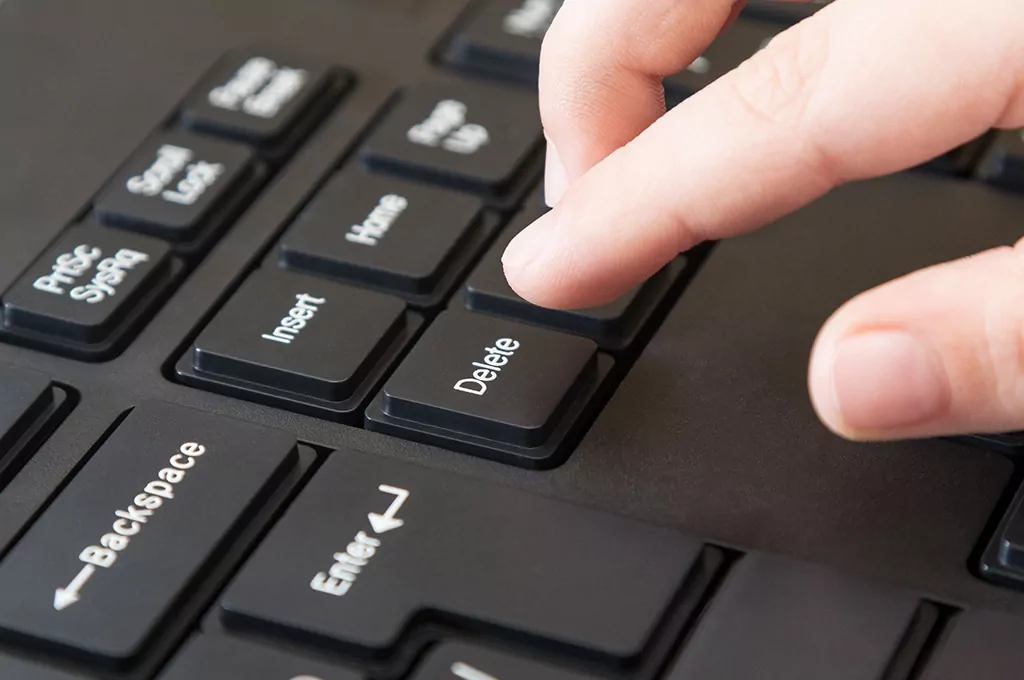
Selvam S
August 10, 2016
Restoring Removed Files (rm -rf) in Linux with TestDisk
- LINUX SERVER
- Ubuntu
There are odd times when we would have accidentally deleted some important folders without having any actual backup. It happened to us, that one of our team members on the way to remove a symbolic link, accidentally deleted a web folder using rm -rf, though we normally maintain a GIT repo, for this temporary project, we did not. So we had to restore it though initially, it looked gloomy. I stumbled upon "extundelete" but that could not restore any important files. Then we tried http://www.cgsecurity.org/wiki/TestDisk. See more details below
In Ubuntu/Debian-based system, you can install using
apt-get install testdiskLet's say you lost the folder in /home/username/webroot, then we can try restoring the whole volume. I tried to restore all file types, so used
photorec /debug /log /d /mnt/recover/disk /cmd /dev/xvdf1 partition_none,options,mode_ext2,fileopt,everything,enable,search/dev/xvdf1 as the actual volume that has /home/username data. You can find that using the fdisk command.
/mnt/recover/disk is the path where files will be restored
See http://www.cgsecurity.org/wiki/Scripted_run for more details. You will only get the content of the file, not the file names. So we need to run another process to figure out the important files.
Moving files
Then I wanted to move all PHP files from the restored folder to all PHP folder,
find ./testdisk.* -name \*.php -exec cp {} allPHP \;Note, I got many folders in an incrementally numbered fashion on testdisk restoring.
Then I wanted to find all PHP files with the word “knackforge” and move them to a new folder.
grep -rn --include \*.php “knackforge” /home/ubuntu/allPHP/ | awk -F ':' '{print $1}' | xargs -I '{}' cp ‘{}’ knackforge_php/You can apply this to your criteria. You may get multiple versions of the same file, at that time you can decide based on file number, say f123456.php is a newer one than f123454.php
Before you process the files, you can try running fdupes to remove duplicate files.
Get awesome tech content in your inbox
Get awesome tech content
in your inbox
Just like how your fellow techies do.
Ready to get started?
We'd love to talk about how we can work together
AWS CLOUDCOST
Take control of your AWS cloud costs that enables you to grow!
